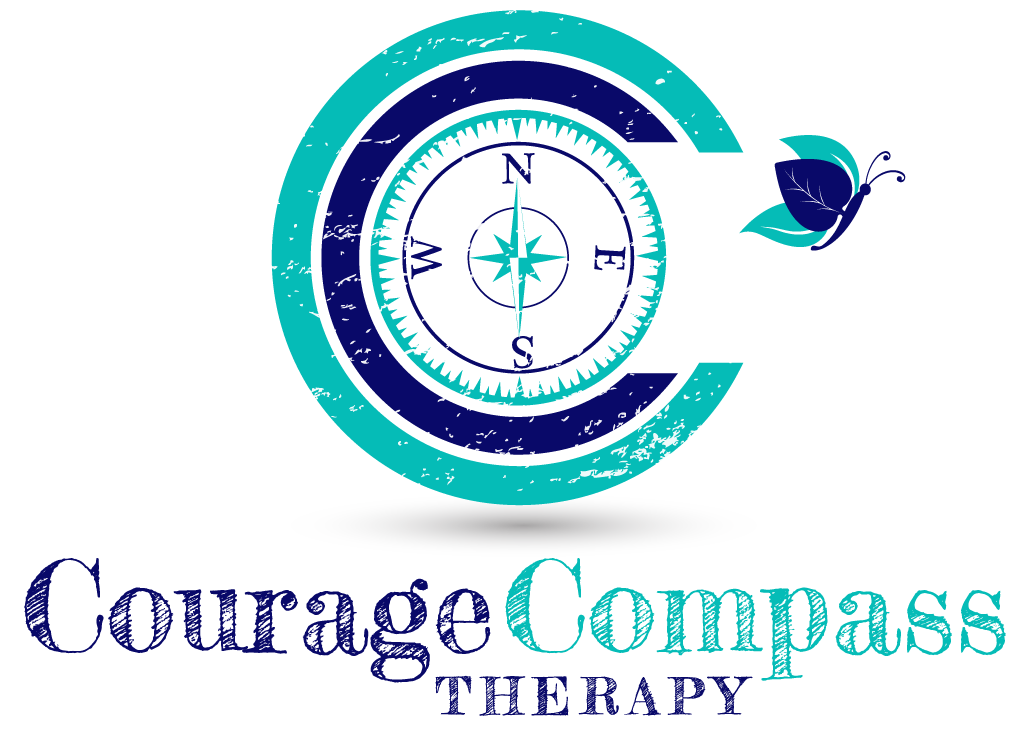I sent the following message out to current and previous clients today. I wanted to make it pretty, with pictures, sparkles, bows, bells and whistles. But…. no time for that. Because of the trauma work I did BC (before Coronavirus), I am anticipating how NOW will impact LATER.
Are my thoughts exhaustive? No. Complete with ALL the resources? No. There are a ton of resources flooding your inbox, social news feed, and TV. I wanted to share my thoughts, experiences thus far with clients, and knowledge to help you, where you are now, quickly.
Email sent:
I am writing this to acknowledge, normalize, and inform you about how the current pandemic could be affecting you. I care about you and your stability, and how this pandemic may impact you and all of us going forward.
Knowing these things now may help buffer how the chronic exposure to this collective trauma is stored in your body and your memory.
First things first: This is a trauma. Collectively. It is affecting people differently and in myriad ways. We don’t need to get into the quicksand of whose hardships are worse, who doesn’t deserve to suffer because their “circumstances aren’t as bad,” etc. Please let's just leave comparative suffering at the door.
Because we are currently in a trauma, we do not know how we will react 6 months after the dust settles, when it could be termed PTSD. If you are experiencing panic, hypervigilance, sleep disruption, and symptoms you would have called PTSD, it’s more likely Acute Stress Disorder. This is the same thing, but it’s present and not past. In these times and circumstances, it is ok to seek medical intervention to help treat acute symptoms so that you can function as best you can.
Here are some trends I’ve been seeing from current clients that may be familiar and validating for you:
Feeling that you “should” be doing more than you are (i.e. being more productive)
Episodes of crying or being teary when that is not the “norm” for you
Trouble falling asleep or waking frequently during the night
Racing thoughts
Dread that makes you stay in your pajamas the whole day
A feeling of heaviness
Grief: Loss of normalcy, loss of future, loss of connection
Having good days and bad days
Feeling angry and irritable
Numbing
Trouble engaging in your regular activities, or normal “chores.”
Over-exercising or not being able to exercise
Fear: uncertainty, the unknown
Changed expectations: What are the new expectations, are there any, should we keep old ones, what expectations are fair, and on...
Why are we having these reactions? Remember that our body is primitively wired to respond to trauma with fight, flight, or freeze reactions. In a chronic trauma, we will initially have a surge of this, and then find a new elevated normal.
Fight: It’s hard to fight an invisible enemy ourselves. So we fight with our families, we displace anger onto the customer service rep on the phone, etc.
Flight: We cannot flee, we are trapped. We may flee in our minds by binge watching tv/movies, numbing with food, alcohol, or other things, sleeping, reading books.
Freeze: This seems to be the most common response that I’ve seen among the people I’ve spoken with. The freeze causes us to be unmotivated, not be “able to get things done,” increase feelings of apathy, feel depressed, etc.
Having these reactions is normal. You are human and you will experience human responses. It’s ok to numb. It’s ok to watch TV. When it gets to a self-destructive level, that’s another story.
The point is: we can give ourselves permission to be human, and acknowledge that we are affected. When the shoulds come to visit, ask them “who says?” And then if needed, give yourself permission to do whatever it is you need.
We have to name the feelings. Draw the feelings. Write about them. Talk to family and friends about them. Get mad and scream. Punch pillows. Dance. Do yard work. Do light exercise.
This pandemic threatens us by causing feelings of a lack of safety, power, and control. We don’t want those beliefs to set in for the long term.
In response:
Create as much security, predictability and normalcy as possible.
Control what you can control.
Let go of what you cannot.
Watching too much news will escalate feelings of powerlessness
Engage in self-care.
Box breathe, do bilateral movement. Bring your resting heart rate down.
Be kind to yourself and give yourself grace
Take naps
A bit of transparency, as I walk the walk, not just talk the talk:
I’ve struggled with the freeze response on some days. I’ve felt drained and exhausted. I’m working on processing my own feelings about this in creative ways with my family. I feel angry and frustrated. Powerless at times. Here are some of the things I did, or we did together to help us feel even just a little bit better:
Created a family journal/log/scrapbook
Wrote inspiring messages on neighborhood sidewalks in chalk for all the people going on walks (didn’t mean to rhyme)
Had honest discussions about grief, loss, sadness and anger
Supported each other with acute expressions of emotion
Gave permission to not do things that we felt we “should,” (i.e. laundry, some chores, cooking, etc.)
Box breathing
Guided meditations from You Tube or apps
Sent cards and letters to family and friends
Had group Zoom calls with family and friends
Naps!
I want to get this information out to you because I’ve been sitting on it for days, trying to figure out “the best way” to distribute the information. This mode is imperfect, not well-edited for grammar or organization. I am giving myself permission for it to be imperfect and ok as is, because I care more about your well-being, and I value contribution.
Wishing you health, safety, and peace,
Anya

